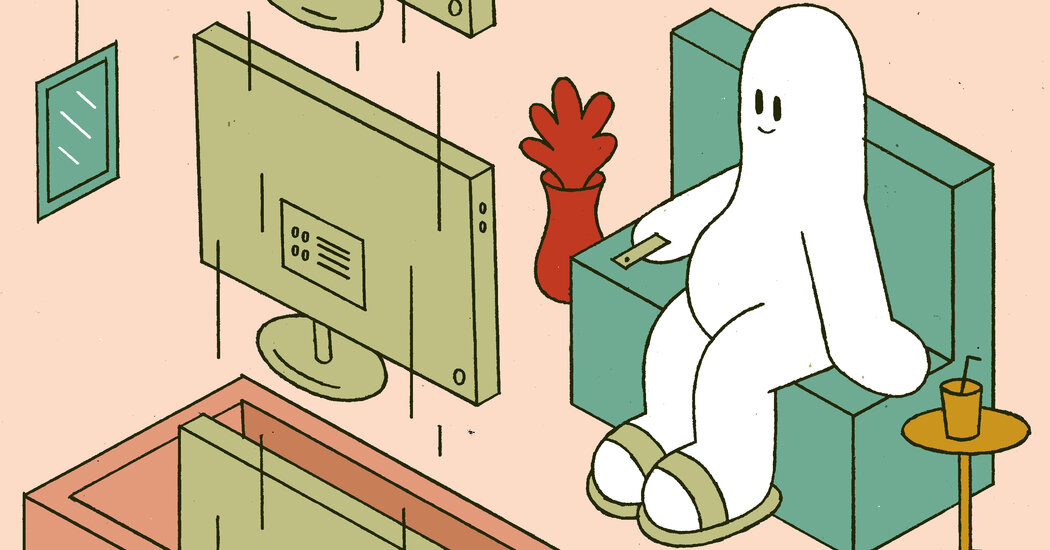- cross-posted to:
- [email protected]
- cross-posted to:
- [email protected]
Many more people are jumping from one streaming subscription to another, a behavior that could have big implications for the entertainment industry.
…
Americans are getting increasingly impulsive about hitting the cancellation button on their streaming services. More than 29 million — about a quarter of domestic paying streaming subscribers — have canceled three or more services over the last two years, according to Antenna, a subscription research firm. And the numbers are rising fast.
The data suggests a sharp shift in consumer behavior — far from the cable era, when viewers largely stuck with a single provider, as well as the early days of the so-called streaming wars, when people kept adding services without culling or jumping around.
Among these nomadic subscribers, some are taking advantage of how easy it is, with a monthly contract and simple click of a button, to hopscotch from one service to the next. Indeed, these users can be fickle — a third of them resubscribe to the canceled service within six months, according to Antenna’s research.
“In three years, this went from a very niche behavior to an absolute mainstream part of the market,” said Jonathan Carson, the chief executive of Antenna.



I’d argue that streaming is in such a bad place right now because each streaming service has a monopoly on their own content. Sure, you could argue that studios “compete” with each other on the content they produce, but I’d argue that cable companies were a different layer of the stack entirely. Cable companies all offered the same channels and the same content, and in areas where they did overlap, competition to offer the best delivery of those channels was great. What made cable bad was that there was little incentive for companies to geographically compete. In the era of streaming, companies have little incentive to allow their content to compete across platforms.
If you ask me, every streaming platform should be broken up from their production parents, so that streaming companies can compete on what they offer, and how they deliver it. There is no incentive for the platforms themselves to compete with each other. It’s all about how hard the services can enshittify before people stop watching the content they have a monopoly on.
This is why Uncle Sam made it illegal for movie studios to own their own movie theaters 100 years ago.
Movie theaters are a great analogy to what streaming services should be
Cable companies still did the same practice too though, and even the ones that weren’t cable providers still negotiated with the providers that if you got channel A in this tier of service, you must also get channel B, and then Disney brings in a certain amount of money per channel in a given bundle every month. No matter how you slice it, even with the problems above, what we’ve got now is better.
Copyright is a government granted monopoly.
So the fragmentation is not surprising: each economic agent used their government granted monopoly on some content to make sure nobody else could distribute that content and, because of the monopoly of copyright unlike with, for example, cooking oil or soap, nobody can set up a business that just buys it on one side from several different “factories” to sell it on the other on a single shop front.
There are lots of massive market distortions in the area of content exactly because its foundation are government granted monopolies with no obligation for fair access selling, resale or second-hand sale.